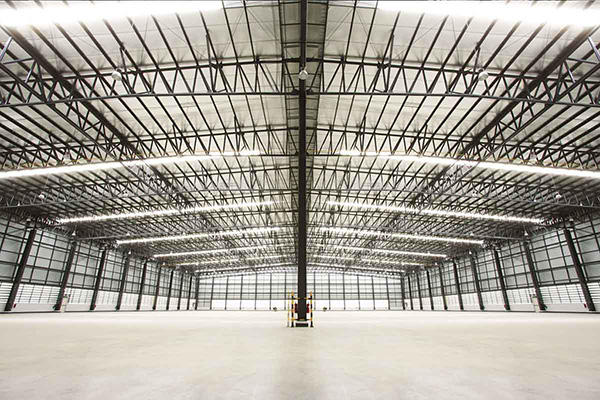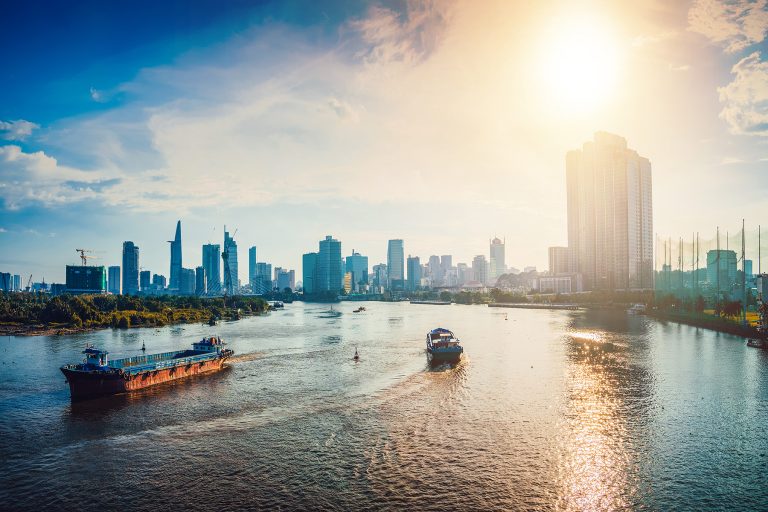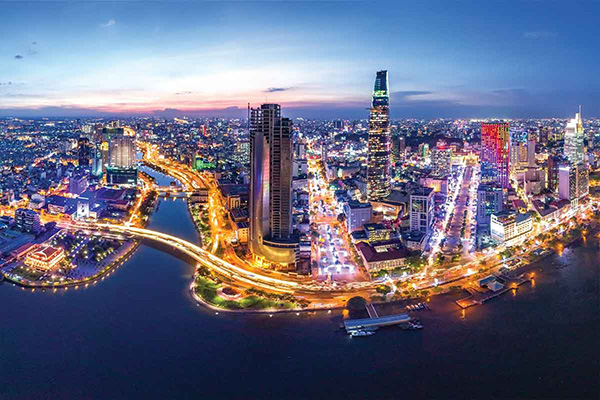[5 min read]
The process of finding a suitable location for business establishment, different legal procedures in each country and the time it takes to build a factory may have a significant impact on the operation of an enterprise. In addition, prolonged political tensions around the globe may prompt many businesses to consider relocating their factories to safer and more stable countries such as Vietnam.
When an enterprise relocates its production facility to a new market, location and land area are two elements are usually the biggest concerns. There are two options for investors who want to expand their footprint in Vietnam: (1) building factories by on their own under a long-term land lease and (2) using the ready-built factory (RBF) model.
However, timing and opportunity cost are major challenges that investors currently face. As such, we recommend the RBF model. We have listed five reasons below.
1. Flexible size
In the past, foreign enterprises coming to Vietnam tended to own a land bank larger than what they needed for actual production capacity in order to accommodate the needs of business expansion in the future.
However, sizable land banks in prime locations are now in short supply. According to CBRE, there is a substantial shortfall in the supply of industrial land available for immediate handover in northern and southern industrial zones.
Additionally, according to Savills, a company that built its own factories or warehouses was often subject to a long-term land lease of at least 5,000-10,000 square meters in addition to other substantial investment expenses. However, our various RBF sites from north to south that are flexibly sized from 1000 square meters can satisfy any requirements of investors looking for production sites in Vietnam.
2. Expansion flexibility
As reported by Turner & Townsend, the average construction cost of industrial property located in Ho Chi Minh City was more than USD400/square meter (more than VND9.3mn/square meter) in 2018 for large warehouses in the city centre and over 600 USD/square meter (more than VND14mn/square meter) for high-tech factories.
Moreover, the RBF model can satisfy customer requirements for flexibly sized and high-standard properties that integrate multiple elements such as location, design, automation and customer care. However, the real attraction of the RBF model comes from the standardized internal design, convenient technology integration and compatibility for specific industries. In addition, warehouses and factories that have a flexible layout enable businesses to speed up the time of material delivery.
All the aforementioned advantages of the RBF model help manufacturers to optimize their operating costs as they are able to assess the market on a small scale and increase production capacity in a short time span.
3. Flexible payment terms and manageable cash flow
Without having to pay a huge initial expense as in the case of long-term land lease – which has a great impact on business cash flow – renting an RBF provides flexible payment methods from three months to one year and helps businesses to stabilize their cash flow.
4. Peace of mind regarding legal procedures
Legal procedures are among the primary concerns of any investor who intends to build an industrial property in a new country. In the case of a long-term land lease, investors need to build a team with strong experience to complete the procedures necessary to obtain land-use right certificates, construction permits and other licenses to be eligible for operation and business activities. Some of these licenses include the environmental protection plan (EPP), environmental impact assessment report (EIAR) and registration of fire protection. In addition, investors have to directly work with utility providers such as water, electricity, wastewater treatment, and internet companies, among others.
The legal procedures for an RBF are much simpler than those of building a factory as all matters surrounding common land-use rights are under the developer’s management. Professional industrial property providers like BW also provide free licensing support, including for the investment registration certificate (IRC) and enterprise registration certificate (ERC). As a result, an estimated three-to-six-month business set-up for an RBF rental can be more effective than the 1.5-to-two-year duration investors must endure when renting land, applying for necessary permits and building their own factories.
5. Operated by a professional management team
BW’s RBF is operated and maintained under a professional facility management team. Economies of scale help us to provide a more competitive rental fee compared to similar quality companies in the market. Services performed by the developer include but are not limited to: security services, ventilation & air conditioning system maintenance, drainage pipe cleaning, window & roof cleaning, landscape cleaning, and insect control, among others.
In addition, thanks to our strong government relationships, we can offer tenants a one-stop-shop service from licensing to actual operation in the shortest timeframe. With a team of more than 100 employees with expertise in major functions such as sourcing, acquisition, development, leasing and asset management, BW can secure your business access to be as smooth, timely and efficient as possible.




